Do you have concerns about New Hampshire car seat laws? If you have a young child, you should know the NH car seat laws to keep your child safe while in the car. The laws change as children get older, so following them matters.
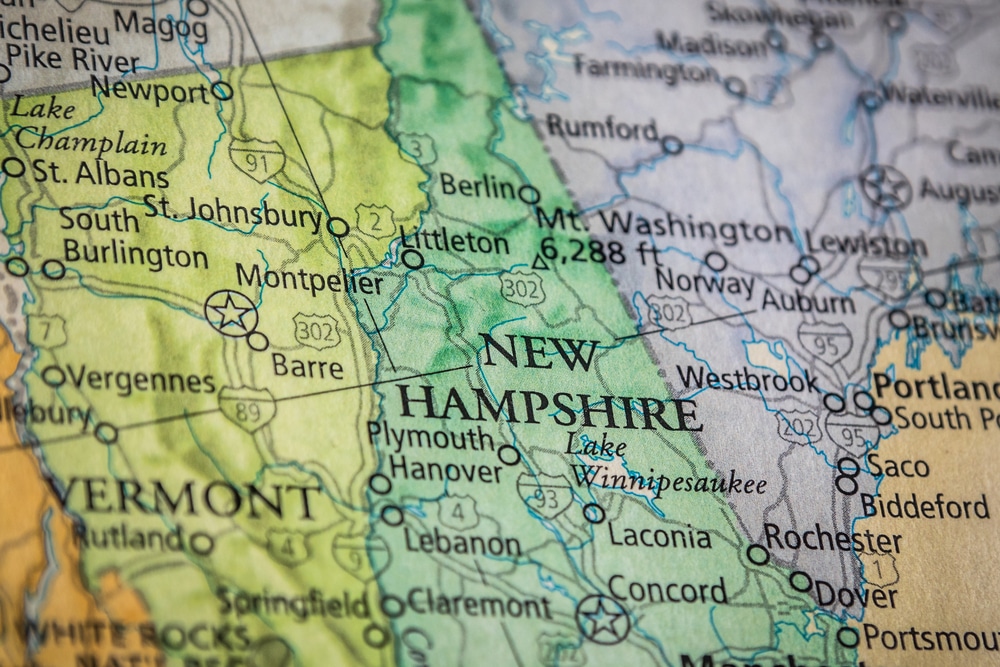
New Hampshire Car Seat Laws: Basic Information
Compared to other states, New Hampshire car seat laws are minimal. It is the only state without seat belt laws for adults. The New Hampshire statehouse recently passed a bill to expand the laws and require children under two to be in a rear-facing car seat while riding in a vehicle. The state senate has not passed House Bill 251 but is discussing it in committee meetings.
Several safety-related organizations support passing this bill which fills a void in the NH child seat laws. Opponents of the law want to choose their own child safety seats, and they worry that children get sick when they face the back of a vehicle.
Infant Seats
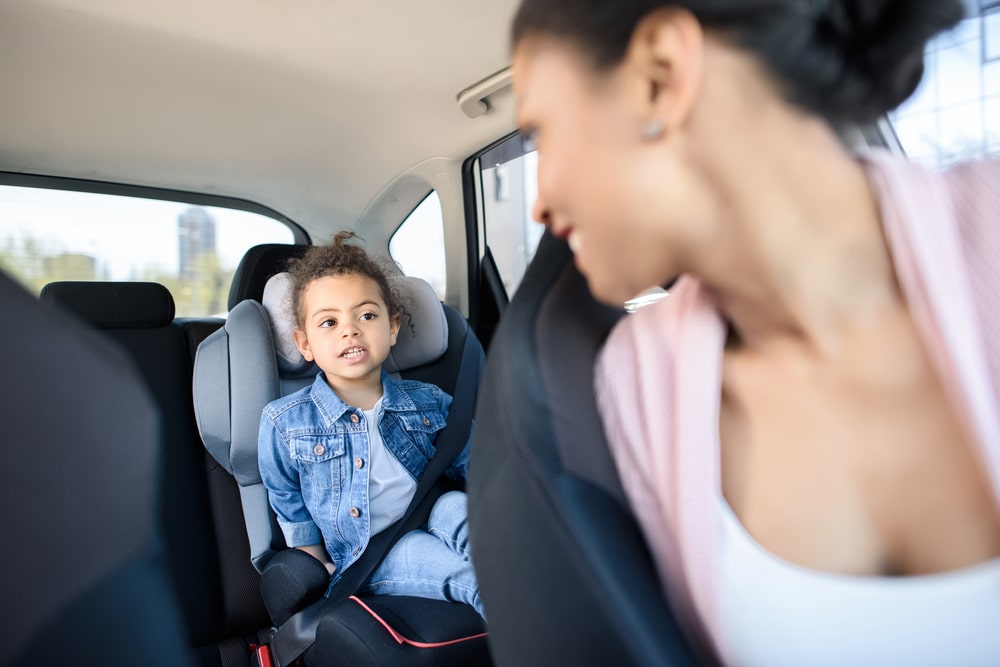
At this point, New Hampshire car seat laws do not have special provisions for children under age two. Instead, the law requires children under the age of 17 who are passengers to be secured with a seat belt or child safety seat.
According to NH car seat laws, children under seven need to be in an approved child restraint. If House Bill 251 passes, then New Hampshire will have a specific law for children who are two and younger. The child restraint seat must follow the rules set by the United States Department of Transportation.
Parents who fail to follow the law face a $50 fine for their first offense. The second offense costs $100.
Youth Seats

Unlike many other states, New Hampshire does not have age-specific rules for young children. The same law that applies to infants applies to young children: children under age seven need to be in an approved child restraint seat. At this point, booster seat laws NH do not exist.
New Hampshire car seat laws have exceptions for children of all ages. Children can sit unrestrained in taxis and buses, and vehicles manufactured before 1968. Children who have physical conditions or some special education conditions that prevent them from being safely restrained do not need to sit in child-safety seats.
If parents do not safely restrain their young children, they face first-offense fines of $50 and second-offense fines of $100.
Penalties for Failure to Comply
New Hampshire child safety seat laws have two minimal penalties. The state assesses a first offense fine of $50 for parents who do not require their children under age 18 to use a safety belt or a child safety seat. After the first offense, the second offense is $100. The state does not have any other penalties for non-compliance.
Where to Find Information About the Law
With so few rules about child safety seats in New Hampshire, parents need to find them on their own. Without any special rules for infants, hospitals and doctors do not have to provide any information about safety seats.
You can find more information about the law on the New Hampshire Special Rules of the Road web page on the state court’s website. Hopefully, parents take their child’s safety seriously and invest in a high-quality safety seat for their infants.
Exclusions
New Hampshire child safety laws have four exclusions. The first is that children do not need restraints while riding in buses or taxis. They do not need restraints in vehicles made before 1968, as those vehicles do not have seat belts. Finally, children with physical issues or special education issues that make using seat belts difficult do not need to be restrained.
Vehicles Manufactured Without Passenger Restraint Devices
Most modern vehicles have safety belts. In New Hampshire, the law states that children under 18 do not need to use safety belts if they are riding in cars made before 1968. The National Highway Traffic Safety Administration required auto manufacturers to add lap and shoulder belts in 1968, so most vehicles made before that year do not have seat belts.
New Hampshire state laws realize that buses and taxis do not always have safety belts either, so the state does not require riders under 18 to wear safety belts.
Seat Belts in a Recreational Vehicle
As long as the automotive was made after 1968, all children under 18 need to be in a seat belt. The only exceptions are children who have physical or special needs that prevent them from being safely buckled into their seats.
New Hampshire does not have a law dedicated to seat belts in RVs, but the law about seat belts and children under 17 covers all vehicles that have seat belts in them.
Seat Belts in a Commercial Vehicle
The New Hampshire car seat laws cover vehicles equipped with seat belts. The state only exempts children from wearing seat belts in taxis and buses. As long as the commercial vehicle has seat belts, the State of New Hampshire expects parents to require their children to buckle up.
Emergency Vehicles
New Hampshire does not have laws about children wearing seat belts in emergency vehicles. According to the law, the state does not require adults to wear seat belts; however, children under 18 need to be using their seat belts for safety purposes.
If an emergency vehicle transports children to a hospital or emergency room, the ambulance drivers and paramedics choose what to do with the child. Since the state does not have laws about children riding in emergency vehicles, ambulance drivers or police officers, or other first responders transporting children should not be held liable for children wearing seat belts.
What If You Have Too Many Children in the Vehicle
New Hampshire seat belt law is clear. Children under age 18 must wear seat belts in a vehicle. If you have more children than you have seat belts and one is not safely buckled in, you are violating the New Hampshire seat belt law. The children under the age of seven should be in their own child safety seats, too.
Seat Belt Laws in New Hampshire
According to the Centers for Disease Control, New Hampshire drivers have the lowest rate of seat-belt wearing in the nation. Because New Hampshire has very few laws about seat belts and child safety seats, the state has a high rate of motor vehicle deaths.
Drivers in New Hampshire should be responsible and wear their seat belts. They should also protect their children by putting them in appropriately sized child safety seats. State legislatures have tried to pass stricter safety belt laws, but the lawmakers have not succeeded.
If you want to know more about car seat laws in New Hampshire, contact your state representatives, local hospitals, or car seat manufacturers. They can help you better understand why New Hampshire has so few laws about car safety.
You can also take care of your family and yourself by wearing your seat belt, no matter whether you are driving in New Hampshire or elsewhere in the United States. Car seats have saved lives, so regardless of the law, you should put your young children in appropriately sized car seats.
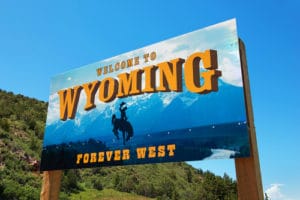
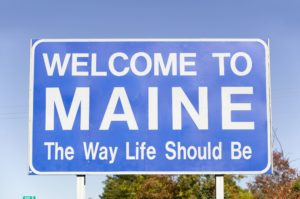


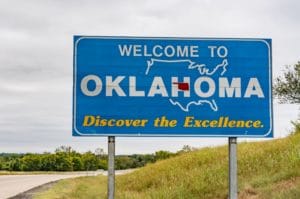


I looked up the New Hampshire (NH) motor vehicle (MV) passenger deaths from the link given in the article. NH is below the national average. How did you conclude that NH has a high rate of MV deaths?
Hi John, thanks for your question. That CDC resource was an older one and I just updated to the 2020 report. You’ll find NH is above the national average in several areas. Seat belts save lives and low seal belt usage is a problem for a population and needless high rates of additional injuries or fatalities occur as a result.